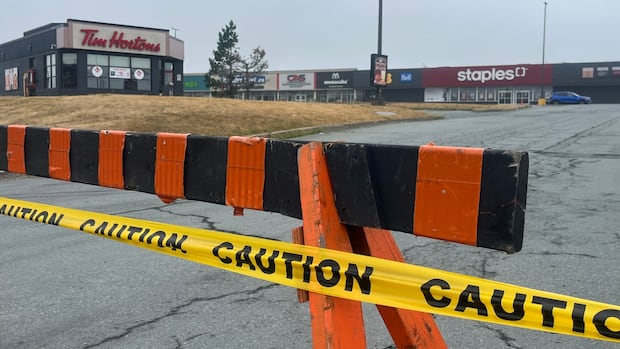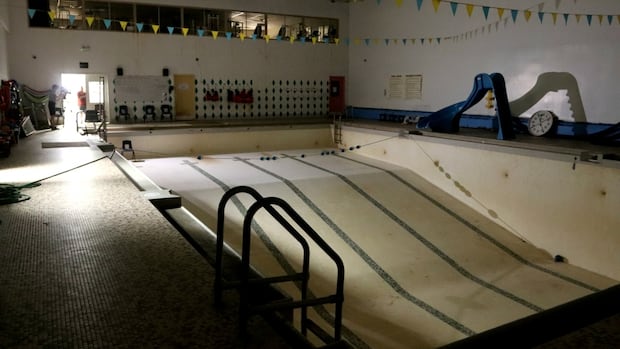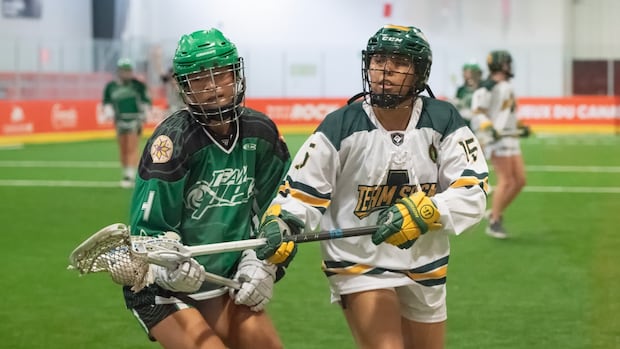Federal prosecutors decided not to lay charges stemming from a five-year Canada Revenue Agency investigation into a half-billion-dollar alleged mortgage fraud case because of a “technicality,” according to documents obtained by the CBC.
The documents — released through freedom of information — detail attempts by B.C.’s financial regulator to interest law enforcement agencies in a so-called ‘shadow’ mortgage broker and the more than two dozen real estate professionals who assisted him.
B.C. Financial Services Agency investigators spoke with Vancouver police and the RCMP about their probe into Jay Kanth Chaudhary. The documents say the CRA ultimately pursued allegations that the unregistered broker had failed to pay nearly $1 million in taxes.
But last summer, a senior investigator with the CRA’s western region criminal investigations division wrote to a legal manager for B.C.’s Financial Services Agency to tell her the investigation was over.
“Unfortunately, due to a technicality, the Public Prosecution Service of Canada has decided not to lay charges for this investigation,” Aaron Altrows wrote in an email.
“All is not lost, though, as I did refer this case to the civil side of CRA, where assessments were completed. This was an excellent referral and very much appreciated to come from your agency. Please continue to send us referrals in the future.”
‘Staggering’ scope of activities
The documents provide new insight into a multi-year investigation into Chaudhary and the network of real estate agents and mortgage brokers who fronted his efforts to secure $500 million in financing for unqualified homebuyers through altered tax and bank statements.
The nature of the “technicality” that voided the laying of even tax-related charges is not explained in the FOI documents, and the Public Prosecution Service said it would “not comment on investigations that it may or may not be undertaking.”
BCFSA’s director of investigations, Raheel Humayun, has called the scope of Chaudhary’s unregistered activities “staggering” — not to mention the number of licensed professionals who violated ethical and professional codes to help him.
But beyond licence suspensions, cancellations and fines up to a maximum of $50,000, no one associated with the scheme appears to have faced any criminal sanctions.
BCFSA documents show it wasn’t for lack of trying.
’30 possibly associated individuals’
A “case note” claims investigators for the regulator met with members of the Vancouver police department’s financial crime unit on April 3, 2019, “to discuss whether VPD would entertain pursuing this file from a criminal perspective.”
Another “case note” for the same day says staff also met RCMP “to discuss whether this investigation was aligned with the current mandate of the Financial Integrity Unit and whether there would be any interest in taking on this file from a criminal perspective.”

The documents show senior RCMP investigators then appeared to take a second look at the file four years later — long after the case had started making headlines and after Chaudhary was summoned as a witness to a provincial commission into money laundering.
Humayun wrote a memo in January 2023 to two inspectors with the Federal and Serious Organized Crime unit, “describing the potentially criminal activity we have observed during our regulatory investigations.”
“The names, DOBs and basic allegations against … these 30 possibly associated individuals are contained within an appendix to the letter,” he wrote.
“Our office is available to provide further details, including the evidence or reports in our possession.”
But nothing happened.
In a statement, the VPD said the alleged violations were “primarily regulatory in nature” — meaning the BCFSA was the best body to investigate.
The RCMP did not explain its decision not to proceed, refusing to “confirm the identity of any person, business or entity who may or may not be subject of an investigation.”
‘Falsely reporting their income to CRA’
The Canada Revenue Agency started showing interest in the summer of 2019.
An email written as a “potential lead” from BCFSA investigator Doug Brecknell to CRA Criminal Investigations lays out the regulator’s grounds for suspicion.
“From the evidence and documents produced by the real estate licensees, it appears that the real estate licensees may have been under or falsely reporting their income to CRA,” Brecknell wrote.
“Both false and believed to be genuine tax documents for the real estate licensees were obtained. A review of tax documents … indicates that it would be unlikely that the real estate licensees’ reported income would be sufficient to afford the mortgage payments being made.”
In the months that followed, the CRA got a warrant to seize records the registrar of mortgage brokers had already taken from Chaudhary and Shane Christopher Ballard — a former mortgage broker who later admitted facilitating 165 applications for Chaudhary.
Allegations of unremitted taxes
The application to obtain the search warrant says CRA investigators believed Chaudhary — also known as Mike Kumar or Jay Michaels — “earned $5,283,347 of client fees and $642,344 of referral fees” between 2009 and 2019.
“It is alleged that between 2012 and 2018 the unreported net business income, unremitted income tax and unremitted Goods and Services Tax/Harmonized Sales Tax is estimated to be $2,967,915, $798,505 and $163,033, respectively,” the search warrant says.
“It is further alleged that the estimated unremitted Canada Pension Plan contributions for this period is $23,623.”
The search warrant gives an example of a businessman who paid Chaudhary nearly $5,000 — one per cent of the mortgage principal — to arrange home financing for his son using faked tax documents.
The documents say Ballard then paid Chaudhary a $1,250 fee for the mortgage referral he got to submit the application to CMLS Financial.
Ballard allegedly paid Chaudhary a total of $282,900 in cash as referral fees for the mortgage applications he handled between 2015 and 2018.
Earlier this year, Ballard — who now works as a home inspector — was banned for life from being a mortgage broker and ordered to pay a $50,000 fine.
At the time of Chaudhary’s Cullen Commission testimony in February 2021, his lawyer said the CRA’s investigation was in “charge approval.” The “technicality” appears to have arisen between then and 2024.
Once the CRA dropped the criminal investigation last summer, the agency returned the investigation files to the regulator.
‘I don’t think it can be prevented’
Many of the real estate agents who brought clients to Chaudhary took advantage of his services themselves, including two individuals stripped of their licenses earlier this year in a series of actions the regulator took against the “extensive web” of people around the shadow broker.
One of them admitted to using fake financial statements to buy a house a year after she declared a negative annual income of $459.

Chaudhary was licensed as a mortgage broker from 2007 to 2008, when he was suspended following an investigation which found he had submitted falsified records for a range of clients.
He spoke about his activities at length at the Cullen Commission on money laundering in 2021, maintaining that he helped clients who might not meet an institutional lender’s qualifications avoid the dangerous world of private lenders.
Chaudhary claimed none of his clients ever defaulted on a loan, none of the banks that gave them money were ever hurt, and a booming B.C. real estate market meant he was always busy.
“In reality, I don’t think it can be prevented,” he told the commission at one point.
“Because there always will be a need for individuals like us and what we did, and because the demand itself is there. The demand comes from the borrowers themselves. The demand comes from people who want a house and do not fit in the traditional guidelines.”







